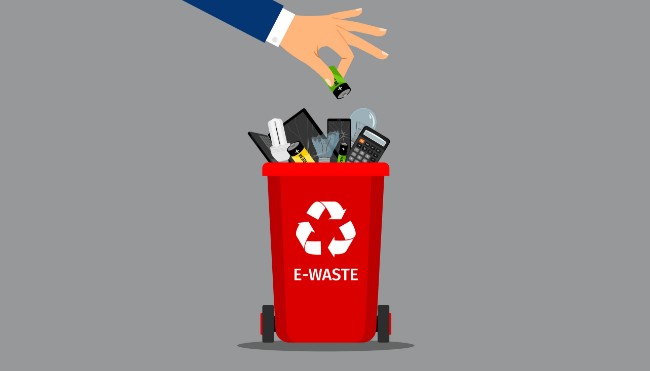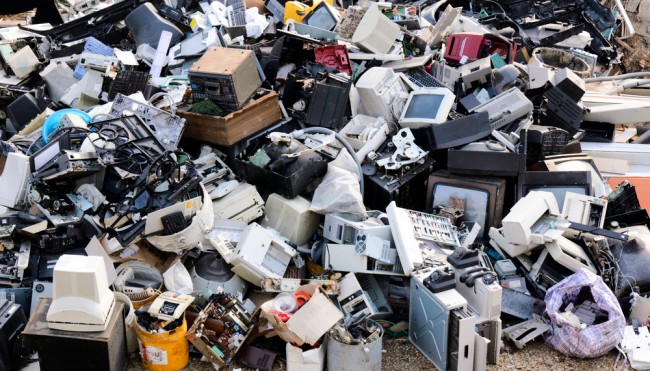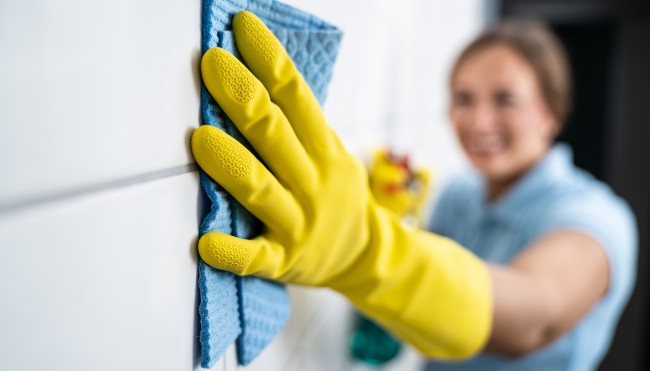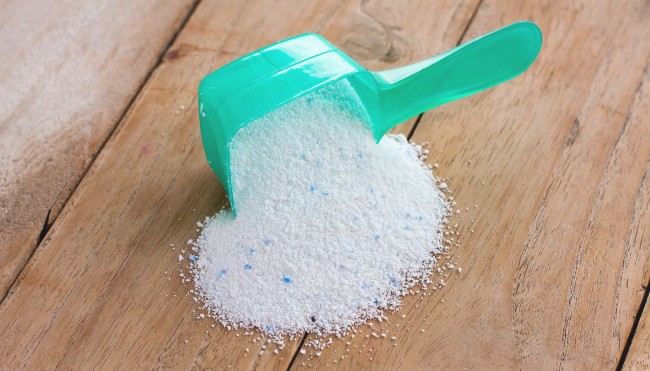4 Tips on How to Avoid Electrical Waste

Every year millions of tonnes of electronic waste, also known as e-waste, end up in the bin. Private households, as well as large mail order companies are responsible. Since innovative products are constantly emerging, storage costs are high with short terms, and the consumers’ demand promotes this development, our environment suffers. These four tips provide you some insight on how to avoid generating more e-waste.
Every year, 42 million tonnes of electronic scrap are produced worldwide. And at present, only around a fifth of it is properly recycled- despite the fact that these appliances contain valuable metals and other materials that can be reclaimed. In the UK alone, an estimated 2 million tonnes of electronic and electrical waste are discarded each year. This includes large appliances such as fridges and washing machines, along with IT equipment, televisions, and small household appliances, to name a few.
Not only do old, no longer functional devices end up in the bin, but so do consumer goods that are as good as new. The mail order company "Amazon," for example, destroys merchandise that has been returned repeatedly or stored for too long. The reason: storage costs are too high!

Millions of products end up in the bin every day
Around 3.2 million mostly brand-new products worth 600 million euros were scrapped in France alone in 2018. This includes: smartphones, televisions, books, glasses and underwear. They all end up in the bin! A groundbreaking law in France wants to put an end to this ecological madness, banning the destruction or disposing of unsold consumer goods.
In 2016, Europe generated a total of 12.3 million tonnes of e-waste, averaging 16.6 kilograms per resident! Germany came in first for generating 1.9 million tonnes while Great Britain followed closely behind with 1.6 million tonnes, equating to 24.9 kilograms per resident- double the European average!!
Waste management in the EU is regulated by the WEE, (Waste Electrical and Electronic Equipment) Directive. They manage collection, recycling, and recovery of e-waste.
The WEEE Directive has set a new collection rate for 2019 of at least 65 percent, compared to the previous of at least 45 percent of collection. Perhaps this new rate will improve the situation. It remains to be seen whether the UK will reach its quota for 2019. In 2016, the UK surpassed its quota by 100,000 tonnes.
Electric waste is mostly exported
Our electrical scrap is exported, partly illegally, and the majority is shipped to the African continent and India. In 2012, an estimated 1.5 million tonnes of used electrical appliances were exported from the European Union, of which about 400,000 tonnes were electrical scrap.
Once abroad, recovering important precious metals from the appliances is often carried out using the most primitive techniques such as burning them in open air or an acid bath without protective clothing. Frequently, children try to access the valuable raw materials and come into contact with dangerous metals like mercury and lead which are hazardous to our health.
How to avoid electrical waste
You can also do your part so less electrical scrap is produced, new goods don’t end up in the bin, and resources are conserved.
1. Make informed decisions and buy with quality in mind
Every year, a large number of innovations are launched on the market that are tempting to buy. But, do you really need that new device? Before you purchase the new item, consider whether the added value of the new model is really so great and if you can avoid the electronic waste it generates.
Furthermore, do you really need the small table fan for 2 pounds? In the end, the more sustainable choice is a product that is high in quality, durable, and repairable. Be sure to check online for devices with replaceable batteries.
2. Repair it
Many electrical appliances can be saved by repairing them. If you are not so skilled yourself, hire a specialist or visit a repair shop near you.
3. Resell / Donate it
Have you decided on a new device, but the old one still works perfectly? Then it doesn’t have to be thrown away! Someone else would gladly be the new owner. You can sell it through a variety of internet platforms or at flea markets or even donate it to your nearest charity shop!
4. Recycle it (right)
Many devices contain valuable metals such as gold, silver, copper, and palladium, which can be recovered in the recycling process. For example, one ton of mobile phones contains about 250 grams of gold! You can return old cell phones to mobile service shops free of charge. This conserves resources and improves the eco-balance. After all, around 15 percent of all devices collected can still be used after the data has been deleted. The proceeds also benefit environmental projects.
Disposal, but right!
If there is really nothing left to do with the old device and the only option is to dispose of it, please do it responsibly! When you are disposing your equipment, there are two things to keep in mind: Protect the environment AND your personal data! Here are some options available to you:
1. Have your e-waste collected
There are number of certified/licensed recycling companies that offer collection services for free or at a low price. Take Green IT Disposal for example. They offer free nationwide collection, responsible recycling, and a certified safe data destruction for your IT waste. It couldn’t get easier than this!
2. Drop off your e-waste to a recycling center or collection point.
If you are searching for the nearest location to you, or are unsure about how to recycle a certain product, visit the Recycle Now website! You can search by product then put in your address and voila, it will list out a number of locations in your area to bring your waste to. Remember, this includes recycling the batteries!
Conclusion
From the resource protection point of view, reducing the total amount of electrical and electronic equipment is the most important means of reducing e-waste. By refraining from purchasing any unnecessary consumer goods and prolonging the use of your current appliances, you make the greatest contribution to protecting the environment and conserving resources.
Related Links:





